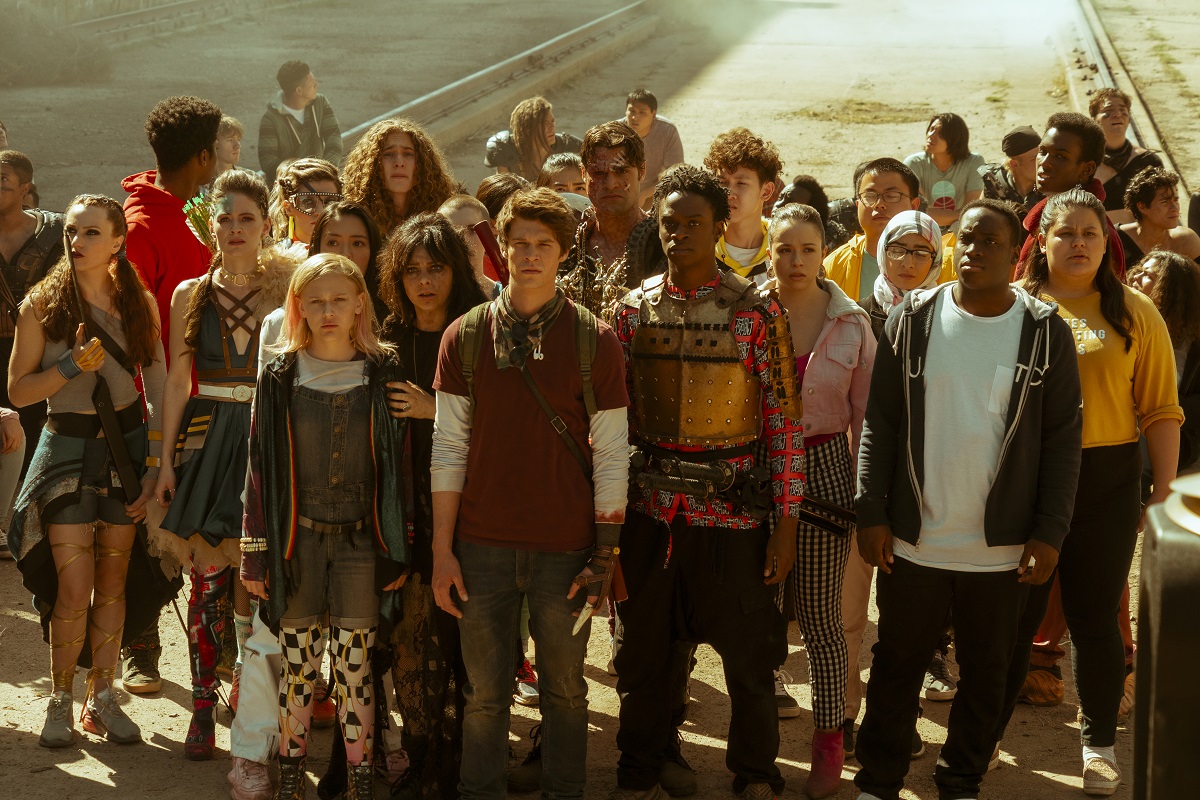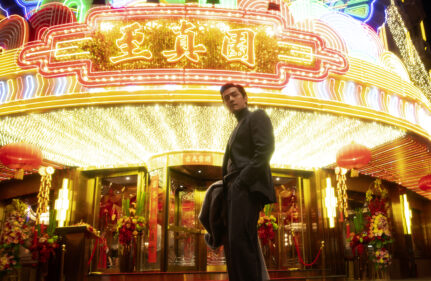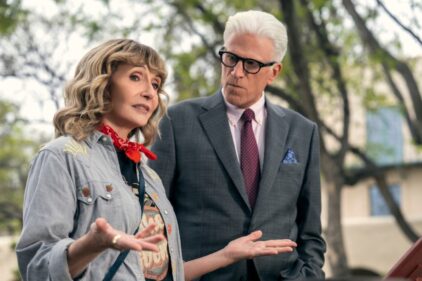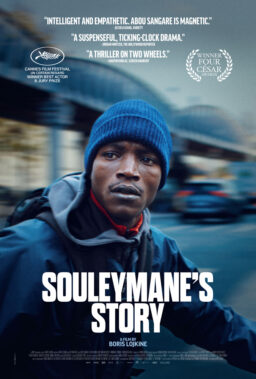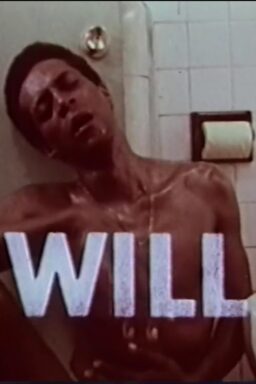Netflix’s “Daybreak” is yet another show about the end of the world. From “Black Summer” to “The Walking Dead” to “The Society,” we are a culture obsessed with its end. We can discuss another time why the international anxiety of the ‘10s has led us to this path in our entertainment, but it’s worth questioning now if the well has run dry. Are there still stories to tell about what goes down after the end of the world? Maybe. But “Daybreak” had me longing for the subgenre to take a break for a few years.
At one point during the boredom that faced me during way too much of this show, I started wondering the quickest way to pitch it. My favorite is “Ferris Bueller: Fury Road” or “Fear the Walking Teenagers.” Like some ungodly hybrid of George A. Romero and John Hughes, “Daybreak,” very loosely based on a comic book by Brian Ralph and created by Brad Peyton (“San Andreas,” “Rampage”), is a vision of a California after a nuclear bomb has fallen and produced some, well, unexpected results. Most of the adults on Earth have been turned into something called “Ghoulies,” left in a vegetative, zombie state, repeating the last dumb thing they thought. The kids very quickly split into tribes, driven largely by their high school clique personalities—the golf players and cheerleaders hang together, in other words. It’s kind of like “Mean Girls of the Dead.”

Sound clever? For a very little bit, it is, but rarely has a show stretched a concept further past the breaking point than this one. There’s maybe a 100-minute film in “Daybreak” but every episode drags itself out in ways that simply aren’t entertaining. The young ensemble is mostly strong, led by Colin Ford’s Josh Wheeler, the Bueller-esque narrator who guides us through this world as he tries to find the love of his life, Sam Dean (Sophie Simnett). Austin Crute’s Wesley Fists, a wannabe samurai, is more interesting than the sometimes-grating Josh, and too much energy is expended on the character of Angelica (Alyvia Alyn Lind), a tough-talking kid who feels modeled on Chloe Grace Moretz’s from “(500) Days of Summer”. There are a lot of other archetypes on the fringe here, struggling to develop characters and failing, and Matthew Broderick pops up as the school principal to really tie in the connection to Ferris in case it wasn’t clear before.
“Daybreak” is a show I wanted to like—I would accept the “Ferris” meets Romero pitch in a heartbeat—but I found myself alternately frustrated and bored way too often. It hits so many of the same beats over and over again, and often has the pretentious air of something that thinks it’s much smarter than it actually is. It often reminded me of what it would look like if some of the smarmy young YouTube personalities got together and made a show. The common criticism of those who don’t like “Ferris Bueller's Day Off” is that the lead character is kind of a dick. This is the show version of that criticism, too cynical and self-aware by half, uninterested in actual characters and the kind of meta-writing that calls attention to itself way too often. It’s the difference between a show written about someone like Ferris and one feels like it was too often written by Ferris. Could there be a great show buried in the high concept of “Daybreak”? Maybe. But I’m just too tired to dig through the rubble to find it.
Five episodes screened for review.

